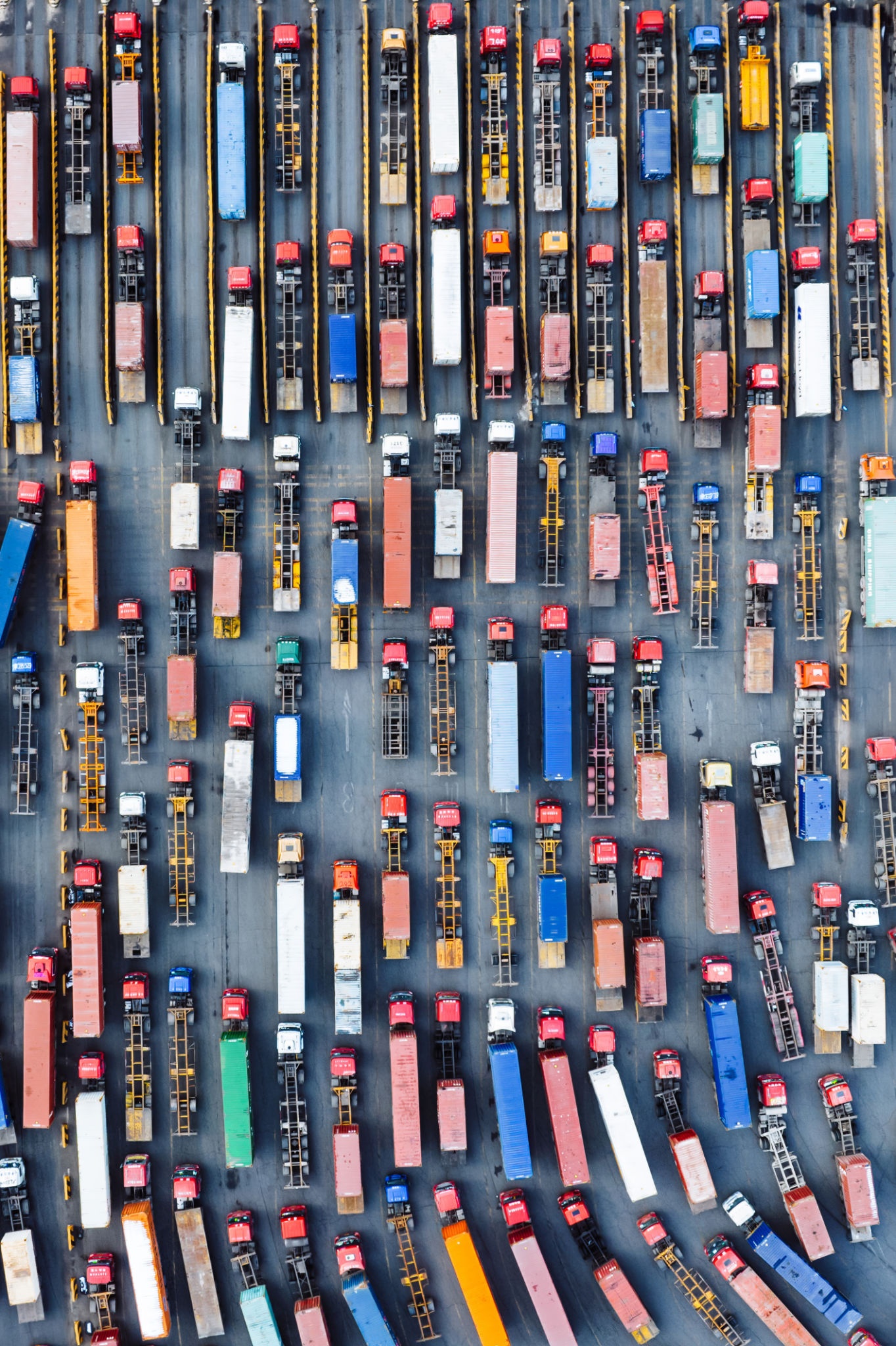Iron Ore Trading in South Africa: Key Considerations
Understanding the South African Iron Ore Market
South Africa is one of the world's largest producers and exporters of iron ore. The country's rich mineral resources have made it a significant player in the global iron ore market. Understanding the dynamics of this sector is crucial for any investor or trader looking to capitalize on the opportunities within this industry.
Iron ore trading in South Africa has its unique characteristics, influenced by the country's geology, infrastructure, and economic policies. It is essential to comprehend these factors to make informed trading decisions. In this post, we will explore the key considerations for iron ore trading in South Africa.

Key Players in the Industry
The South African iron ore market is dominated by a few major players. These companies are responsible for the majority of iron ore production and exportation in the country. Understanding who these key players are, and their influence on the market, can provide valuable insights for traders.
Additionally, the involvement of international companies and their partnerships with local entities can impact the supply and demand dynamics. Traders should keep an eye on these relationships as they can significantly affect market conditions and pricing.
Infrastructure and Logistics
The efficiency of infrastructure and logistics is a critical factor in iron ore trading. South Africa's transportation network, including railways and ports, plays a vital role in the export of iron ore. Any disruptions or improvements in these systems can have a direct impact on the market.

Traders need to stay informed about developments in logistics infrastructure to anticipate potential challenges or opportunities. This includes understanding the capacity of export terminals and any ongoing or planned upgrades to the transportation network.
Regulatory Environment
The regulatory environment in South Africa can significantly affect iron ore trading. Government policies related to mining rights, environmental regulations, and taxation can alter the landscape for traders. Staying updated on regulatory changes is crucial for compliance and strategic planning.
Moreover, shifts in government policies can lead to fluctuations in production levels and influence global pricing. Traders should consider potential regulatory risks when developing their trading strategies.

Market Trends and Economic Indicators
Keeping track of market trends and economic indicators is essential for successful iron ore trading. Global demand for steel, technological advancements, and alternative materials can all influence iron ore prices. Traders should analyze these trends to forecast market movements effectively.
Economic indicators such as GDP growth rates, industrial production, and investment in infrastructure projects can provide insights into future demand for iron ore. Being aware of these indicators can help traders make informed decisions and optimize their trading strategies.
Risk Management Strategies
Iron ore trading involves a certain level of risk due to market volatility and external factors. Implementing robust risk management strategies is crucial to protect investments. Traders should consider utilizing hedging instruments, such as futures contracts, to mitigate potential losses.
Diversifying trading portfolios and setting stop-loss orders are additional strategies that can help manage risks effectively. Staying informed about geopolitical events and their potential impact on the market is also essential for minimizing risks.

Technological Advancements in Trading
The adoption of technology in iron ore trading is transforming the industry. Advanced data analytics, algorithmic trading, and online platforms are increasingly being used to enhance trading efficiency. These tools provide traders with real-time insights and improve decision-making processes.
By leveraging technology, traders can gain a competitive edge and respond swiftly to market changes. Embracing technological advancements is crucial for staying ahead in the dynamic landscape of iron ore trading.